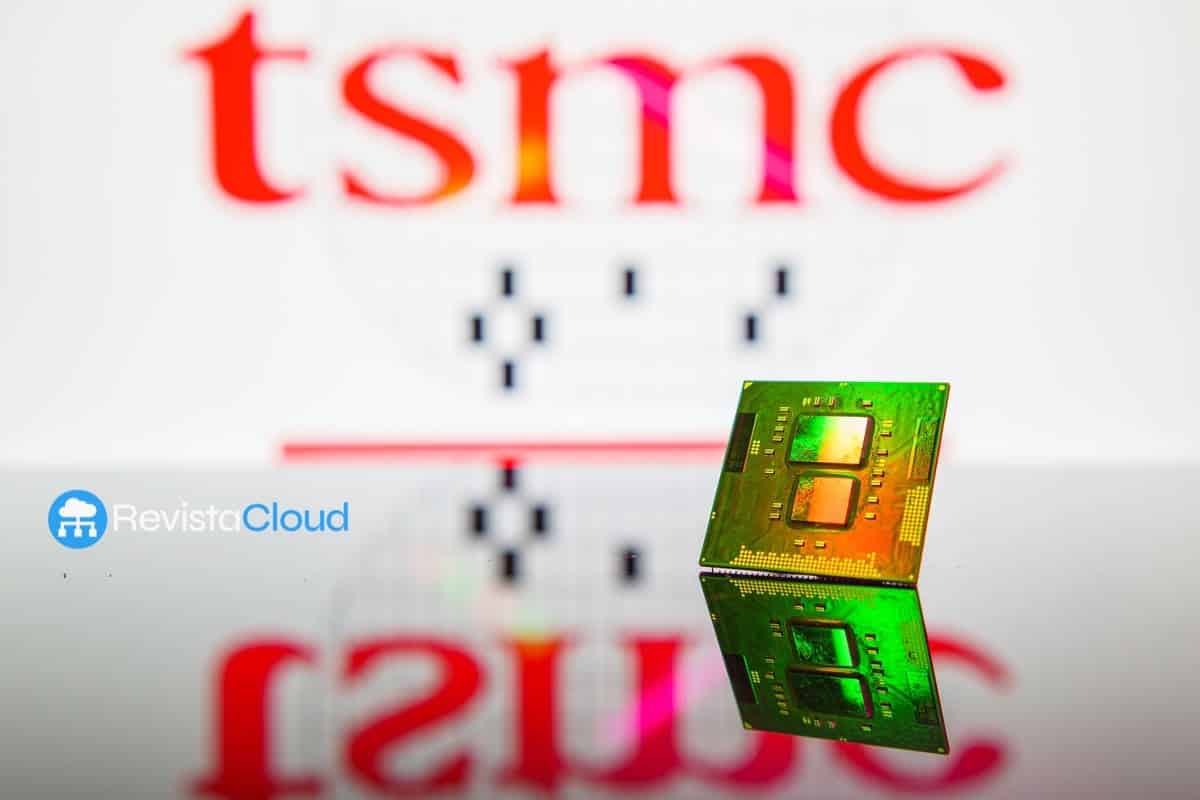Sure! Here’s the translation into American English:
—
Elbridge Colby, nominated by Donald Trump for the position of Deputy Secretary of Defense of the United States, has publicly defended the idea of destroying TSMC chip factories in Taiwan if China carries out an invasion. In a tweet from May 2023, Colby stated: “It would be madness to let TSMC fall intact into Chinese hands”, reflecting his stance that the loss of these factories would pose an unacceptable risk to the security of the United States and its allies.
The Strategic Value of TSMC and the Fear of Its Fall
Taiwan Semiconductor Manufacturing Company (TSMC) is the largest semiconductor manufacturer in the world, producing 92% of the most advanced chips used by the United States, as U.S. Secretary of Commerce Gina Raimondo stated earlier this year. The dependence on TSMC makes its factories a top strategic asset. Any disruption in semiconductor production could have devastating consequences for the U.S. and global economy.
Against this backdrop, Colby and other analysts have suggested a policy of “scorched earth” in Taiwan, aimed at destroying critical infrastructure, including the semiconductor industry, to disincentivize any Chinese invasion. This approach, known as the “broken nest” policy, was introduced in an influential report by the U.S. Army War College in 2021.
A Debate on Who Makes the Decisions
Colby has emphasized that the decision to destroy TSMC’s factories should not rest solely with Taiwan. In 2023, he stated: “I’m sorry, but that’s not just a decision for the Taiwanese. It’s too important for the rest of us”, suggesting that the security of the global semiconductor supply chain impacts multiple countries.
On the other hand, he has also advocated applying sanctions on Taiwan to pressure it to invest more in its own defense. This approach reflects Colby’s view that Taiwan must take greater responsibility for the protection of its sovereignty and strategic assets.
The Role of the CHIPS Act and the U.S. Response
The CHIPS Act, passed in 2022 by the Biden administration, aims to reduce the United States’ dependence on semiconductors made in Taiwan. However, the implementation of the law has been slow, with delays in the disbursement of funds to build chip factories on U.S. soil. Although companies like TSMC, Intel, and Samsung have received financial support under this legislation, Colby has expressed skepticism about its short-term effectiveness in mitigating strategic risks.
In a 2022 report for The Marathon Initiative, Colby criticized the imposition of tariffs on Taiwanese companies, warning that such measures could lead to price increases and global backlash, in addition to not significantly accelerating U.S. self-sufficiency in semiconductor production.
Rising Geopolitical Tensions
Colby’s stance and the tensions surrounding Taiwan reflect the current geopolitical context, in which China views Taiwan as a separatist province. Beijing has increased its military maneuvers near the island, prompting the United States to bolster its support for Taiwan through strategic alliances and trade agreements.
Meanwhile, TSMC continues to play a crucial role in the global economy and technological security. The construction of a TSMC factory in Arizona, partially funded with $11.6 billion from the CHIPS Act, is a step towards diversifying the supply chain, but it will take years to reduce dependence on Taiwan.
Conclusion
Colby’s proposal to destroy TSMC factories in the event of a Chinese invasion underscores the magnitude of the global dependence on Taiwan for semiconductor supply. Although his statements have sparked controversy, they reflect a legitimate concern about the impact the loss of TSMC would have on the economy and national security of the United States. As geopolitical tensions escalate, the future of Taiwan and its technology industry remains a central issue in U.S. defense strategy.
via: DCD

